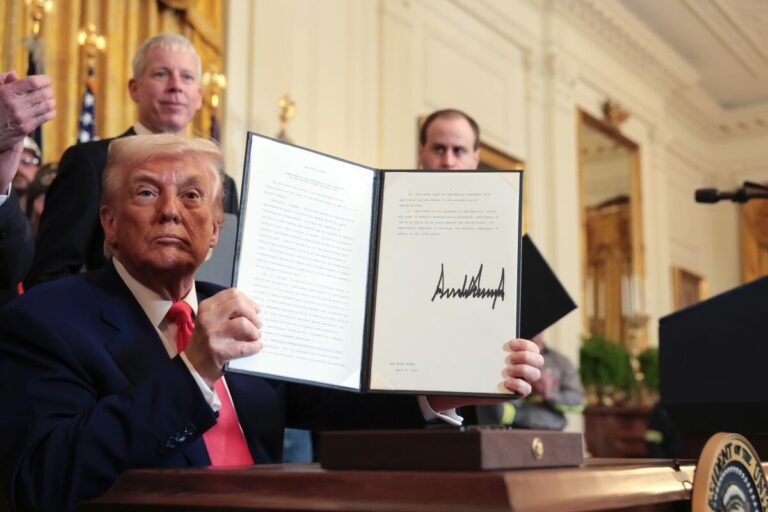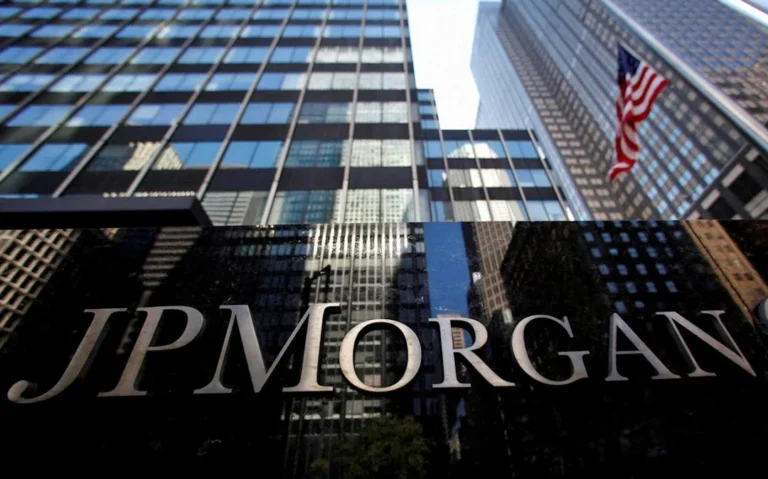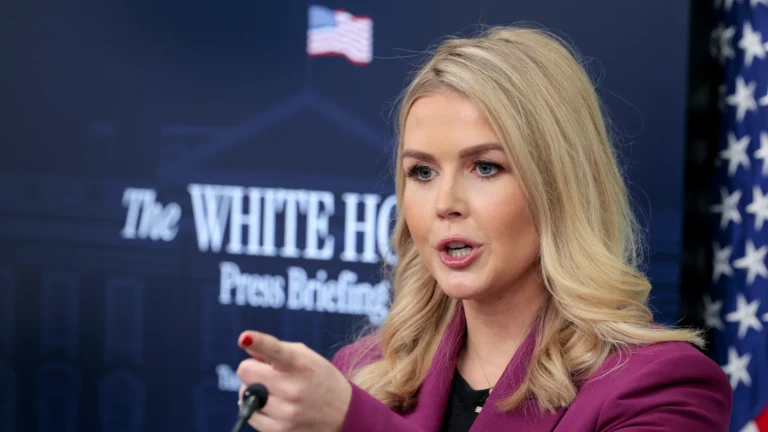Indian Stock Market Crashes Amid Global Selloff and Domestic Uncertainty

Mumbai, April 7, 2025 — Indian financial markets were rocked on Monday as benchmark indices suffered their steepest fall in over two years, triggered by a global selloff and growing domestic economic concerns. The BSE Sensex plunged 2,135 points (-5.3%), closing below 38,000, while the NSE Nifty 50 tanked 635 points (-5.6%), finishing at its lowest level since late 2023.
The dramatic crash mirrors panic across global markets, including Japan, China, and Singapore, following recession warnings from JPMorgan and weak manufacturing data out of Asia.
What Triggered the Crash?
The collapse was driven by a mix of external shock and internal volatility:
- Global recession fears: JPMorgan’s warning that a U.S. recession is “unavoidable” even if tariffs are lifted immediately has triggered panic selling worldwide.
- Weak Indian macro data: India’s services PMI fell unexpectedly to 48.9, signaling contraction, while inflation remains above 6%, limiting RBI’s ability to intervene.
- FIIs on exit mode: Foreign institutional investors (FIIs) pulled out over ₹9,400 crore in a single session, adding to the pressure on equities.
“It’s not just fear — it’s a flight to safety. Indian markets are caught in a perfect storm of weak fundamentals, global pressure, and policy uncertainty,” said Nilesh Shah, fund manager at Kotak AMC.
Sector-Wise Breakdown
- Banking stocks were battered: HDFC Bank, ICICI Bank, and SBI dropped between 5% and 7%.
- IT stocks were hit by fears of reduced overseas demand, with Infosys and TCS falling over 6%.
- Auto and FMCG sectors saw heavy losses as consumer sentiment waned further.
Even previously resilient stocks like Reliance Industries and Adani Enterprises weren’t spared, losing 4.5% and 6.2% respectively.
Rupee Hits New Lows
The Indian rupee also took a hit, plunging to a record ₹85.10 against the U.S. dollar, as foreign capital fled Indian assets. Bond markets remained volatile, with the 10-year yield spiking to 7.42%.
What Happens Next?
Investors are now eyeing the Reserve Bank of India’s upcoming policy review, though expectations of rate cuts remain slim due to sticky inflation. Experts are calling for fiscal measures to stabilize sentiment, such as infrastructure spending and relief for MSMEs.
“Unless there is swift government action, we may be looking at a prolonged bear phase,” said Reema Tendulkar, senior analyst at CNBC-TV18.
Investor Advice
- Don’t panic sell: Experts urge long-term investors to avoid selling at the bottom.
- Rebalance portfolios: Shift toward safer assets like gold, which rose 2.1% intraday.
- Watch
Market crashes can feel unsettling, but they are part of the natural cycle of investing. While short-term volatility often triggers fear, it also presents opportunities for informed investors to reassess, rebalance, and plan for long-term growth. Staying updated, diversifying wisely, and focusing on fundamentals can help navigate such turbulent periods with confidence and resilience. 📊🇮🇳





